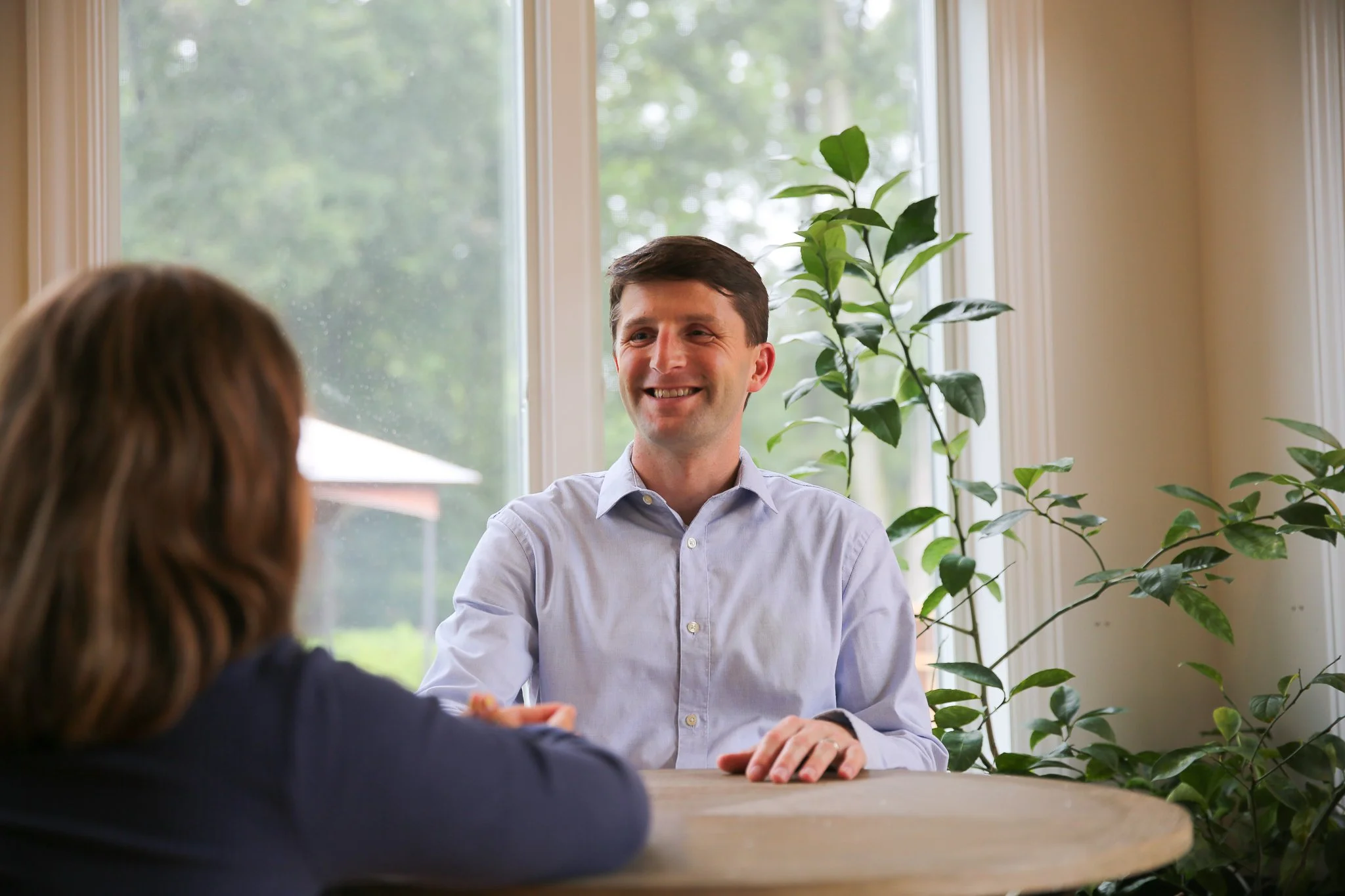“Testing” Explained: What is a Psychoeducational Evaluation and Why Might Your Child Need One?
If you’ve heard of “testing” or “evaluations” or “psychoeducational reports”, then you’ve likely had questions about what these terms mean. Or maybe your child has been evaluated already but you want to understand the entire process better. We wanted to share some practical information and insight with you.
When we are talking about evaluating a child, there are many ways and reasons to go about that… so you need to start with your question or questions.
Here are some good questions to start with:
Why do I want this evaluation?
What is the primary question I am trying to answer?
What are my main concerns or goals for my child?
For example…
I am concerned that my child has ADHD or other executive functioning issues.
Are my child’s reading skills age-appropriate?
Is there an underlying reason that my child resists going to school?
I want to understand the full picture of my child as a learner to inform their educational plan.
From there, you need to determine what kind of testing is appropriate or needed to answer your questions.
What is a Psychoedcuational Evaluation?
A psychoeducational evaluation is a comprehensive assessment that helps to identify a child's learning strengths and challenges. It typically involves a series of tests and observations conducted by a psychologist to understand how the individual thinks, learns, and behaves in an academic setting.
These evaluations often look at areas such as:
Cognitive abilities
Academic skills
Learning and memory
Attention and executive functions
Social development and emotional adjustment
These areas may be assessed using standardized measures that are administered directly to the child, as well as interviews, observations across settings, and rating scales from adults (teachers, parents).
Common Questions:
Why is a Psychoeducational Evaluation Helpful?
A psychoeducational evaluation synthesizes multiple sources of information into an overall picture of the individual. It can be especially helpful for identifying areas of strength and vulnerabilities, for understanding one’s learning style, pinpointing specific challenges, and creating a personalized plan for success in school and beyond.
How is it Different from Achievement Testing?
Achievement testing measures skills in reading, writing and math. Achievement testing is part of a psychoeducational evaluation, and if your child attends public school, they will also be tested in these areas through district progress monitoring and state testing.
In contrast to evaluating what an individual knows in regards to academics, a psychoeducational evaluation digs deeper into how one learns and why one might be struggling. Most importantly, this type of evaluation helps show and potentially explain a discrepancy between one’s potential and one’s academic performance.
Achievement tests give a snapshot of current academic performance, but they don't explain why there might be gaps or what kind of support might help fill those gaps.
What About Neuropsychological Evaluations?
Neuropsychological evaluations are similar in many ways but can be more extensive than psychoeducational evaluations. In the state of Connecticut, neuropsychological evaluations can only be performed by a neuropsychologist. They explore areas like brain function and brain abnormalities. Neuropsychological evaluations are usually conducted when there’s a concern about a medical condition or brain injury affecting learning or behavior.
When Should You Consider a Psychoeducational Evaluation?
If you notice your child is consistently struggling in school, feeling overwhelmed, or not making progress despite extra help, it might be time to consider a psychoeducational evaluation. Early identification of learning differences or difficulties can make a huge difference in your child’s academic journey and self-esteem.
Next Steps
If you think your child could benefit from a psychoeducational evaluation, feel free to reach out. It’s a friendly, relaxed process, and I’m here to answer any questions you have every step of the way!
- Ethan Rothstein




